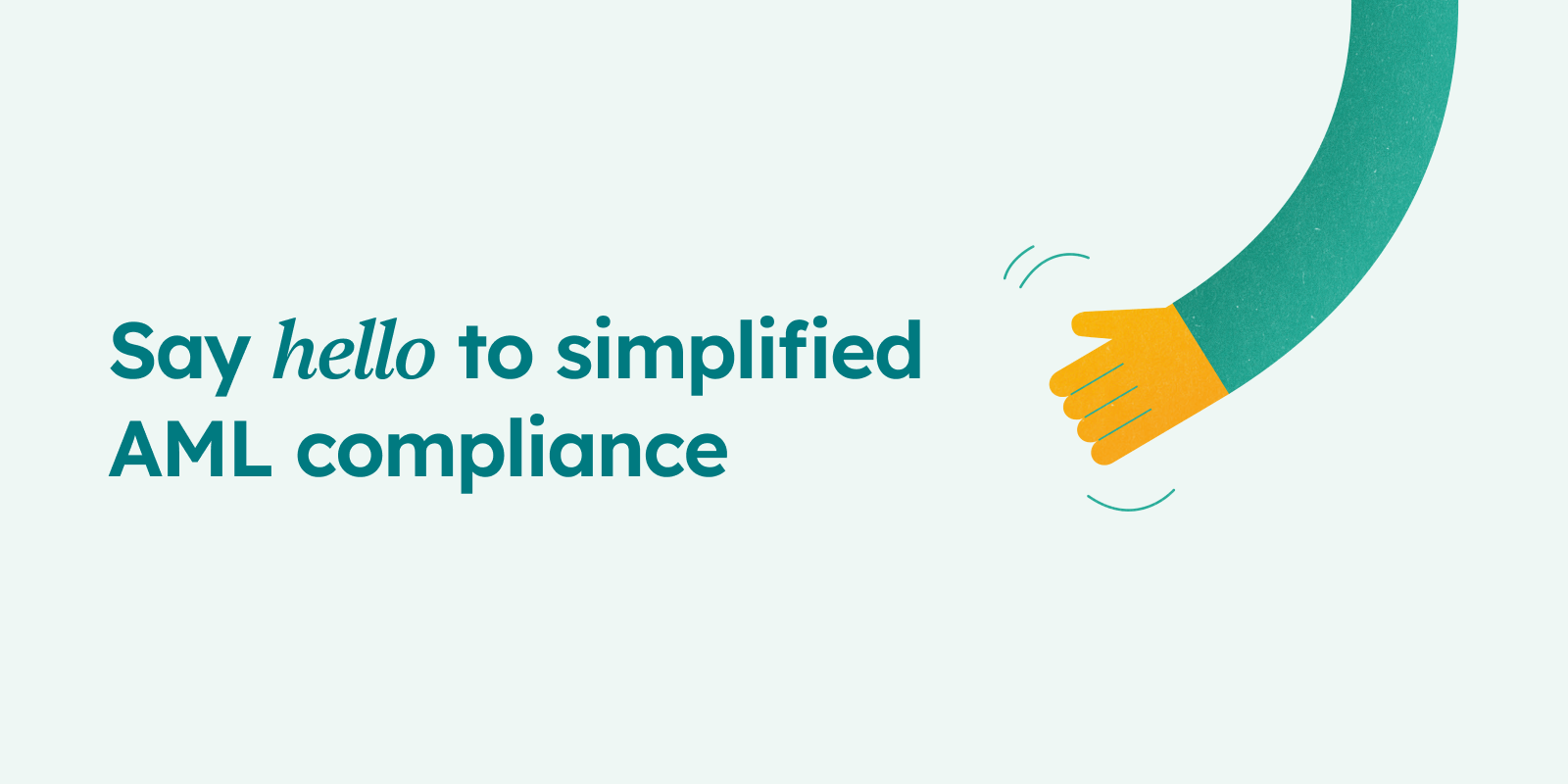1 min read
Creditro takes over KYC from Penneo
As part of Visma’s ambition to build world-class digital solutions, a strategic decision has been made to sharpen the focus of its portfolio...

Deceit, fraud, cheating – dear child many names, and not least many faces. Spotting a swindler, and the deception itself, can seem as easy as catching fog with desperate fists; cause what is the face of the fraudster? – why do they cheat? And how?
Before we look at the man in the mask, we must look at the game itself - because what is fraud in reality?
Fraud is a type of crime that occurs when someone intentionally deceives or misrepresents to gain an unfair or illegal advantage. In many cases, fraud involves some type of material misrepresentation that the victim relies upon to their detriment.
Fraud can take many different forms, but all share the common element of the perpetrator intending to deceive or cheat someone else for personal gain. Financial fraud is one of the most common and costly types of fraud, but there are many other types as well, including identity theft, insurance fraud, healthcare fraud, and charity fraud.
The question of who commits fraud seems almost ridiculous to ask – there is no recipe for a fraudster, nor do they walk around with signs strapped to their chests proclaiming an intention to scam.
Nearly anyone can commit fraud, given the right opportunity and motivation. But certain groups are more likely to engage in fraudulent activity than others.
For example, people who work in jobs that handle large amounts of cash are more likely to commit fraud than those who don't because they have easy access to the money and may be able to get away with it without being detected.
People who are in financial trouble are also more likely to commit fraud. Their financial situation may make the fraud seem like a way to make quick money or get out of debt. They may also feel like they have nothing to lose by engaging in illegal activity, or in some cases, they might feel that fraud is the only way out.
Finally, people who have a history of criminal activity are more likely to commit fraud than those who don't.
Just like Fraudsters can be anyone from senior executives to entry-level employees from all walks of life. There are many fraudsters, each with their methods, motives, and targets. Some common types of fraudsters include:
There are many reasons why people commit fraud. Some do it for the money, while others do it for the thrill or because they feel like they have no other choice. Whatever the reason, fraud is a severe problem that can have devastating consequences for both the victim and the perpetrator.
Fraud can be committed for financial gain, to cover up another crime, or simply out of spite. Regardless of the motive, fraudsters often take advantage of vulnerable people in a position of trust; this can make detecting and prosecuting fraud cases difficult, as victims may be reluctant to come forward or may not even realise they are victims.
Perpetrators of fraud may also target businesses or organisations to access sensitive information or financial resources. Fraud with a financial motive can have a brutal impact on especially small companies and, in some cases, result in bankruptcy. Fraud is a serious issue that affects businesses and individuals alike.
Fraudsters use various methods to commit crimes, such as creating fake websites, using stolen credit card numbers, or sending phishing emails.
Fraudsters advise victims to buy gift cards and then ask them to provide the gift card codes. In this connection, they can do CEO- fraud, where they pretend to be a director of the company the victim works for, in order to make the email and the deception more credible.
In some cases, fraudsters ask for bank account details or personal information. So what can you do to protect yourself?
Here are some tips for avoiding fraud:
1. Don't give out personal information, such as your social security number or credit card numbers.
2. Don't respond to unsolicited emails or text messages from people you don t know.
3. view any emails or text messages with skepticism. Do not click on links if you do not recognize the sender.
4. Avoid opening attachments in unsolicited emails, even if the subject line looks legitimate.
5. Always check that the email address is legitimate, even if the name that appears as the sender is from your network.
Fraud can significantly impact victims, businesses, and the economy.
Victims of fraud can suffer financial losses, emotional distress, and even physical harm. Companies can lose customers, reputation, and money.
The economy can suffer from higher prices, loss of jobs, and decreased confidence in the financial system.
So who commits fraud? The answer may surprise you. While there are undoubtedly dishonest people out there looking to take advantage of others, research shows that most fraud is committed by employees or insiders.
The reasons are simple: they know how the system works and have access. They also have a direct personal stake in the outcome, which makes it more likely that they will try to game the system.
Finally, they know how to cover their tracks and hide evidence of wrongdoing.

1 min read
As part of Visma’s ambition to build world-class digital solutions, a strategic decision has been made to sharpen the focus of its portfolio...

3 min read
When you are subject to AML regulations, there are several tasks you need to complete annually. An annual compliance plan can help you stay on top of...

3 min read
AML compliance can be a hassle, but we don’t think it has to be that way. That’s why we’re proud to finally introduce our new brand, which reflects...